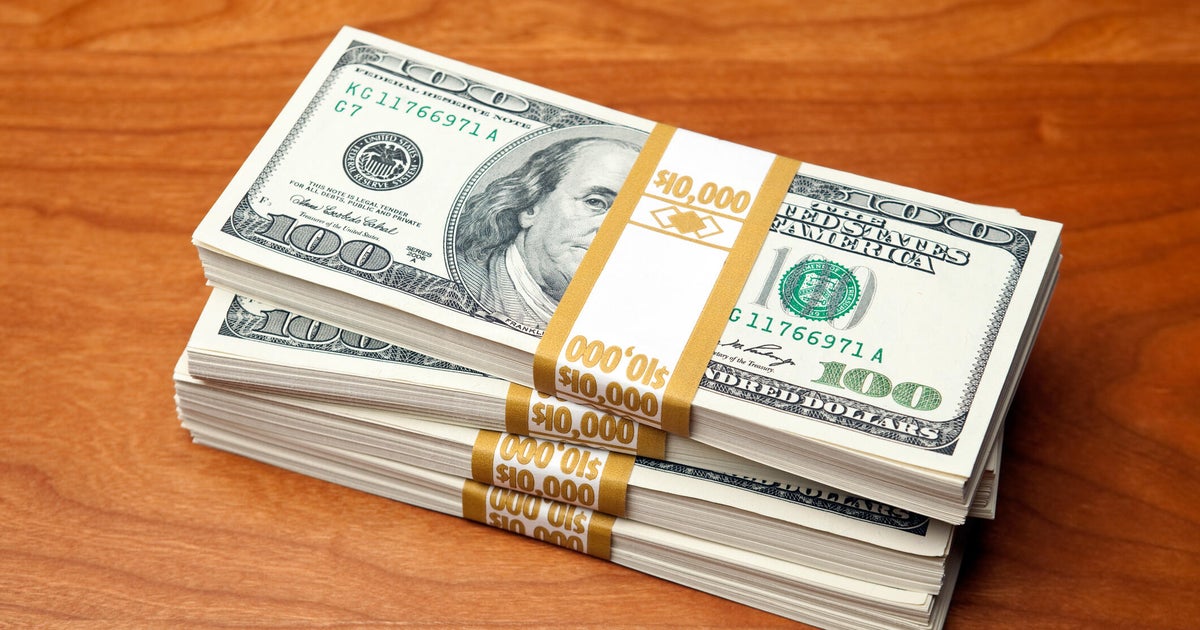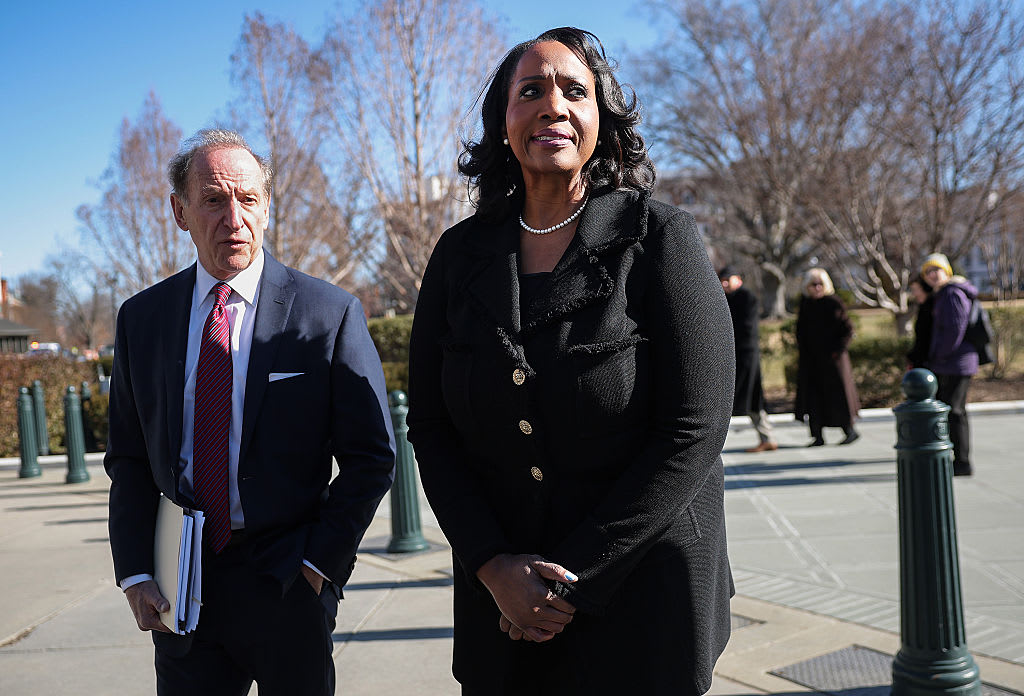How to open a CD
With the Federal Reserve quickly raising interest rates over the past year or so, borrowing money has often become more expensive. But the flip side is that savers can now earn more while keeping their money stored away, such as in a certificate of deposit (CD) account.
A CD provides a fixed rate of return in exchange for storing money in an account for a designated period, often ranging from a few months to several years.
A 1-year CD might have a 4% annual percentage yield (APY), for example, meaning that if you deposited $5,000 into this account, you would earn $200 in interest by the end of that 12-month period. Keep in mind that the APY reflects your total interest received by accounting for compound interest.
However, CDs differ from traditional savings accounts in the sense that your money tends to be more locked up within these products. If you were to withdraw money from a CD before the designated period ends, you often have to pay a penalty of a few months' worth of interest.
While CDs are often relatively simple financial products, the terms can differ depending on where you open a CD. You can easily explore your CD account options here now to see how much more you could be earning.
How to open a CD
Here, we'll take a closer look at the process of how to open a CD account.
Compare providers
When it comes to opening a CD account, you have many options to choose from. First, you might decide between getting a CD from different types of financial institutions. While banks and credit unions commonly issue CDs, they also sell them to other finance companies like brokers, which then sell these as brokered CDs to customers.
Be sure to check whether any CD you buy is insured through either the Federal Deposit Insurance Corporation (FDIC) or the National Credit Union Administration (NCUA). Many brokered CDs are insured, but you'll want to confirm.
Importantly, brokered CDs can often be sold before maturity, whereas bank and credit union CDs generally incur early withdrawal penalties, unless you buy a no-penalty CD. Depending on interest rate changes, the value of a brokered CD that can be resold might be more or less than your principal.
"The CD you purchase from your brokerage or investment firm can be sold on the secondary market any day; if you call your advisor and need to sell it before the maturity, they can give you an estimate of what the CD would be worth," says Robin Haire, LPL-affiliated Accredited Investment Fiduciary and president of Haire Wealth Management.
That said, if you hold a CD until maturity—whether brokered or traditional—you'll gain the full amount of interest. So, it pays to shop around for the best rates.
Compare rates and terms
Part of what influences your provider choice will likely be the CD rates and terms that they offer. Explore who has the best rates for the type of CD you're looking for.
While some financial institutions generally have more competitive rates than others, it's possible that one will have the highest rates for, say, a 1-year CD, while another provider has better rates when comparing 2-year CDs. So, you'll need to decide on your CD period to make apples-to-apples comparisons.
Keep in mind that longer-term CDs don't always pay higher interest rates than shorter-term ones, depending on expected changes in the broader interest rate environment. But you might prefer to lock in a relatively high rate for several years now if you think rates will soon drop, for instance.
Also compare the terms that different providers offer, such as penalties and fees, how interest is paid and maturity terms. Some CDs automatically renew at maturity, for example, unless you decide during a short window to pull your money out. You might prefer that automation, or you might prefer to receive your money without an automatic renewal.
"Clients should understand the maturity dates of the CDs and ask questions to understand the exact start date of paying interest. If a CD is purchased from a brokerage inventory as a new issue, the CD may not 'settle' or begin to pay interest until 7-10 days from the conversation you had with your advisor," says Haire.
Apply for an account
Once you decide on where you want to buy a CD from and the CD period, you can apply to open an account.
If you're buying a CD from a financial institution where you have an existing relationship, the process can be more streamlined. You might just answer a few questions to verify account information, the CD term you want and the amount.
If you're applying for a CD account with a new financial institution, you might have to provide a bit more documentation, such as your ID and address verification. During this process, make sure you closely review the terms for account ownership.
"The most important step in opening a CD is to make sure the client understands the ownership options, such as single ownership, joint ownership with a spouse or family member, or in the name of a business," says Haire. "Most institutions will also allow you to add a transfer on death option, or beneficiary, in case the owner of the CD becomes deceased before the maturity date."
Check your CD options here now to learn more.
Fund the account
The last step in opening a CD is generally to fund the account. Doing so can involve steps like electronically transferring money from another bank account, or you might send in a check. The amount that you decide to put into the CD can influence the interest rate. Depending on the provider, some offer higher CD interest rates above certain amounts, such as $10,000.
Keep in mind that once you fund a CD, you typically can't add funds, unless you open a specific account like an add-on CD. However, you can open multiple CDs, so you have some flexibility in that regard. Many people construct CD ladders, where CDs have varying maturities to provide a more continuous cash flow.
The bottom line
CDs can be a valuable tool in your financial toolbox, but they don't have to be your only financial vehicle. For example, you might put some of your long-term savings into CDs to earn more interest than you might in a regular savings account, while also putting some money into stocks and bonds to try to earn a higher return. So, before opening a CD consider how these accounts fit into your overall financial situation. You may want to speak with an advisor who can help you build a financial plan accordingly.
You can start researching your CD options here now or in the below table.




